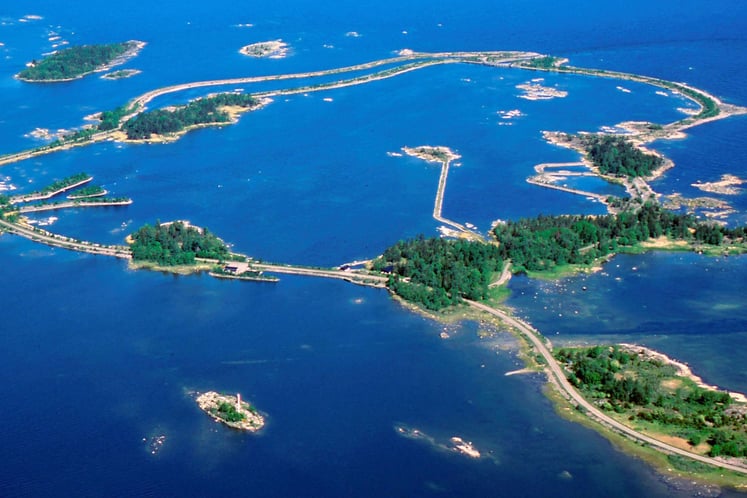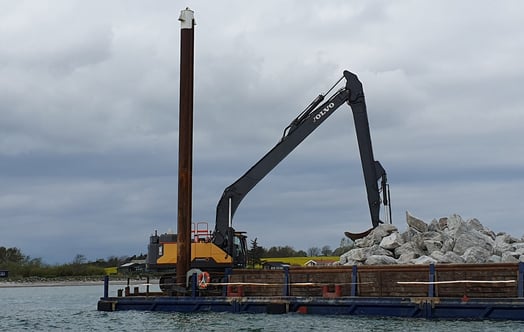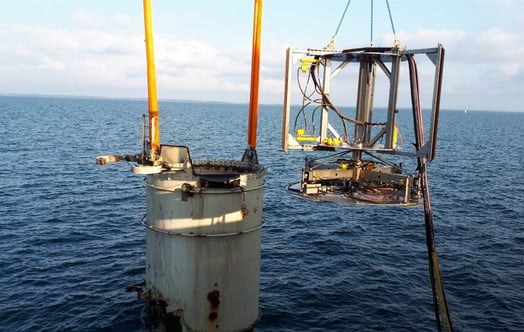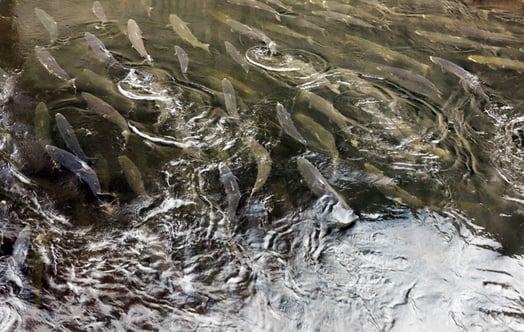Sustainable food production at offshore wind farms
At Vattenfall’s Kriegers Flak offshore wind farm, Danish researchers are testing the multi-use concept of producing sustainable food while generating fossil-free energy.
Short facts
- Danish Kriegers Flak, Denmark
- Marine ecosystems
- Combining aquaculture with wind farms
- 2023–2026
This project investigates how offshore wind farms can host low‑trophic aquaculture, such as seaweed and mussel cultivation, alongside energy production.
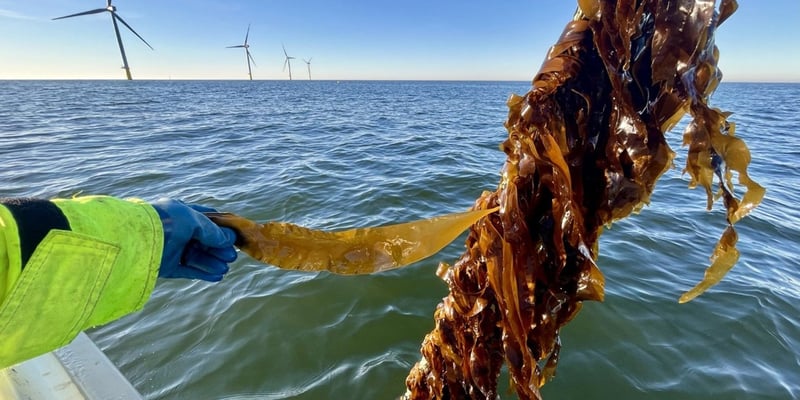
The aim is to test whether this approach can deliver sustainable food resources and potentially improve local environmental conditions, while identifying practical opportunities and risks for future scale‑up.
The first demonstration site at Danish Kriegers Flak in the Baltic Sea completed two successful growing seasons (2024 and 2025), producing both seaweed and mussels. These trials provided important insights into technical setups and site conditions.
In 2025, a second site was added at Vesterhav Syd in the Danish North Sea to benefit from higher salinity, which supports the growth of sugar kelp (Saccharina latissima). The first growing season proved successful despite multiple strong storms in the North Sea, and preparations are now underway for the next season, with seedlings scheduled for deployment in October–November 2025.
The findings from these pilots will guide future strategies for integrating aquaculture into offshore wind farms in the Baltic Sea and the North Sea.
More about biodiversity
Biodiversity and nature protection are a priority at Vattenfall. It is one of the focus areas in our environmental policy and therefore also a central part in our environmental work.
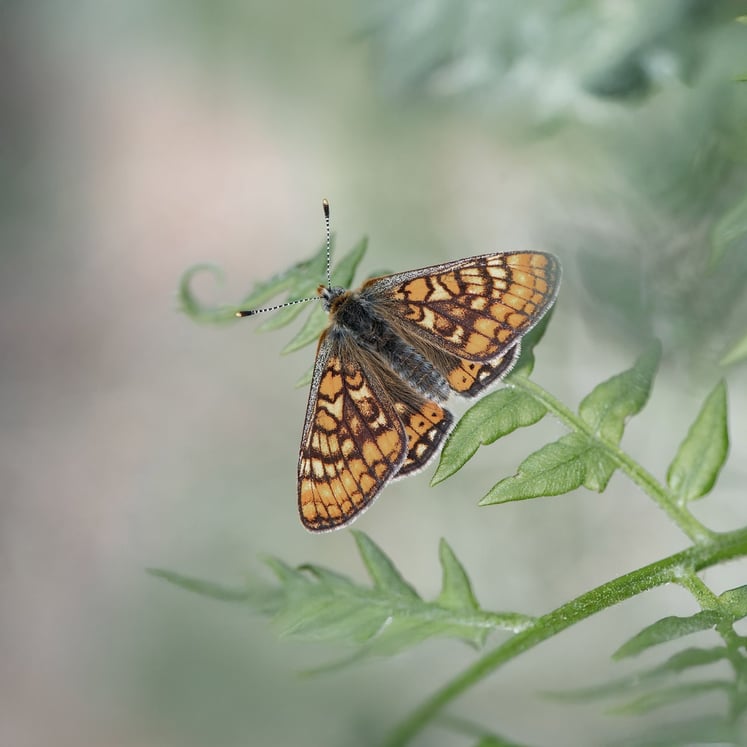
How we make a difference for nature
Biodiversity is an important and integrated part of our work. Here, we show concrete examples of how we care for nature through our projects.
